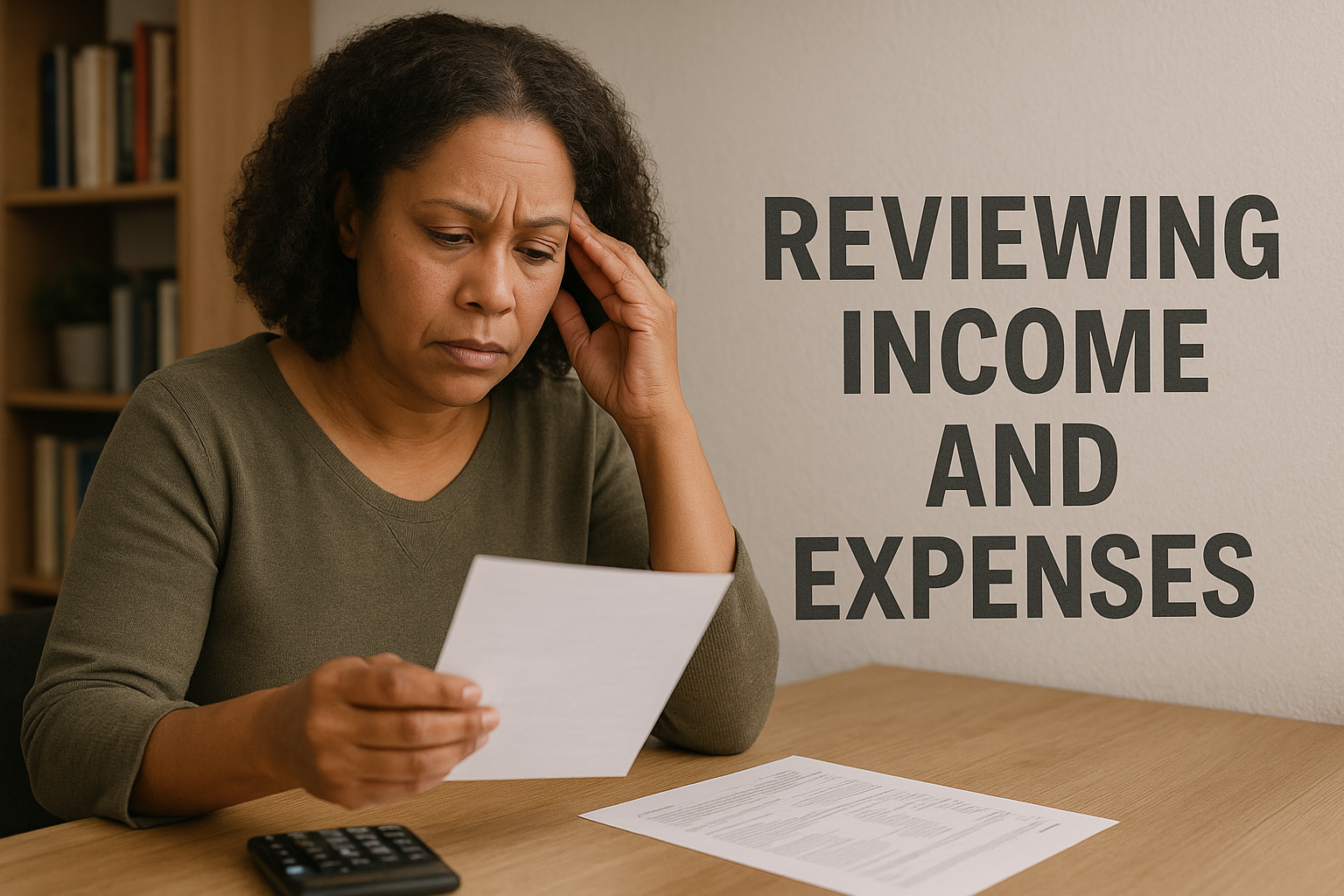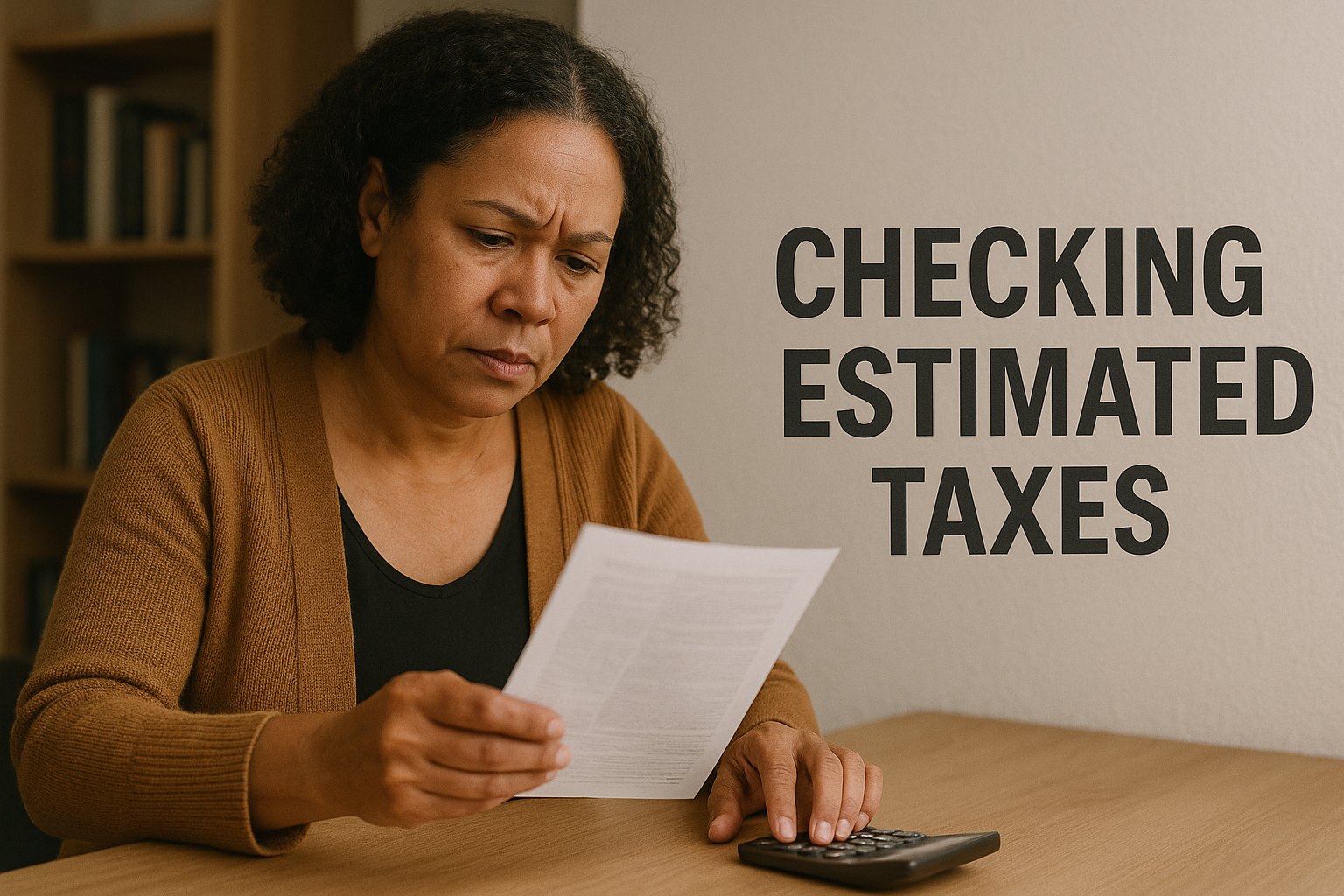Ready to check off your year-end tax to-dos? Our team helps individuals and businesses organize, plan, and save before the year closes. Book a year-end review today and head into tax season with confidence.
The Ultimate Year-End Tax Checklist for Individuals and Small Businesses
As the calendar year winds down, so does your window of opportunity to take advantage of tax-saving strategies. Waiting until tax season to think about deductions and planning can cost you money. By taking action before December 31, you can lower your taxable income, maximize credits, and get ahead of filing season.
Here’s your ultimate year-end tax checklist to make sure nothing slips through the cracks.
1. Review Income and Expenses

- Individuals: Gather pay stubs, bank statements, and investment records.
- Business owners: Reconcile accounts, review outstanding invoices, and close your books.
- Look for expenses you can accelerate into this year to maximize deductions.
2. Maximize Retirement Contributions

- Contribute to 401(k), IRA, or SEP IRA accounts before the deadline.
- Higher contributions lower taxable income while building your long-term savings.
- Don’t forget about employer matches—contributing enough to capture that is essentially free money.
3. Check Estimated Taxes

- If you’re self-employed or have significant non-W-2 income, review your estimated tax payments.
- Paying the right amount now helps avoid penalties for underpayment in April.
- Use IRS Form 1040-ES or ask your tax professional to run the numbers.
4. Review Payroll and Contractor Payments

- Employers must issue W-2s and 1099s after year-end.
- Make sure payroll records are accurate and all contractor information (name, SSN/EIN, address) is up-to-date.
- Classify workers correctly—employee vs. independent contractor—since misclassification can trigger penalties.
5. Plan Charitable Contributions

- Donations made by December 31 may be deductible.
- Keep receipts for cash donations and acknowledgment letters for non-cash contributions.
- Consider donating appreciated stocks instead of cash for potential extra tax benefits.
6. Use Up Flexible Spending Accounts (FSA)

FSAs are “use it or lose it” accounts. Check your balance and spend remaining funds on eligible medical expenses before the deadline (unless your plan allows a small carryover).
7. Consider Year-End Purchases for Your Business

- Buying equipment, technology, or vehicles before December 31 may qualify for Section 179 or bonus depreciation deductions.
- Keep documentation and ensure purchases are placed in service by year-end.
8. Review Tax Credits and Deductions

- Individuals: Education credits, child tax credit, energy efficiency upgrades.
- Businesses: R&D credit, work opportunity credit, small employer health insurance credit.
- Make sure you’ve gathered all supporting documentation to claim them.
9. Schedule a Meeting with Your Tax Professional

- A 30-minute consultation could reveal overlooked strategies.
- Discuss entity structure, retirement planning, and upcoming changes to tax law.
- Year-end is the best time to align tax planning with business and personal financial goals.
Tax season doesn’t start in April—it starts now. Proactive year-end planning can help you avoid surprises, maximize deductions, and put you in control of your financial future. Even simple steps like contributing to retirement accounts or making charitable donations can add up to big savings.






